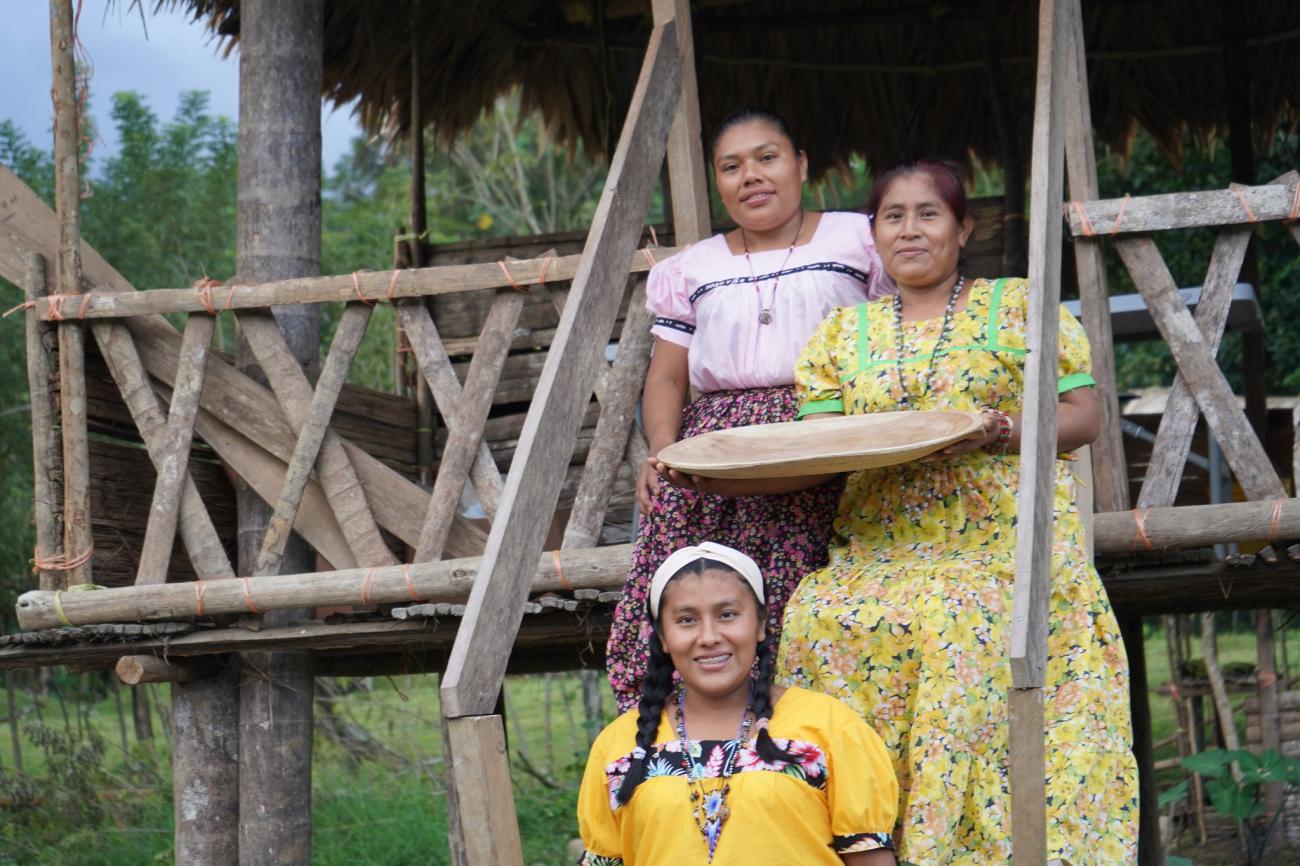From Seville to Solutions: How the UN is Turning Finance into Impact

At first glance, a financing summit may not sound like the epicenter for transformation. But the Fourth International Conference on Financing for Development (FfD4) in Seville wasn’t just another talk shop—it was a wake-up call. In a world facing rising inequality, climate breakdown, and tightening fiscal space, the big question was: how do we actually pay for tangible improvements in people’s lives while protecting our planet.
Governments, private sector leaders, and the UN came together to rethink the future of finance—not in abstract terms, but in ways that could fuel real progress on the Sustainable Development Goals (SDGs). The final declaration reaffirmed global commitment. But declarations don’t change lives—action does.
Now, across wildly different settings, four UN teams – led by their respective Resident Coordinators (RC) — are showing what it looks like when Seville’s pledges hit the ground.
Nepal: Turning graduation into a springboard, not a setback
“Graduation shouldn’t be a punishment,” says RC Hanaa Singer-Hamdy, as Nepal prepares to leave the ranks of Least Developed Countries. With that step comes the risk of losing trade benefits—and widening financing gaps.
Instead of facing it alone, Nepal is forging a new path through regional solidarity. The UN has helped bring together Nepal, Laos, and Bangladesh in a South-South exchange that’s building resilience and shared solutions.
Closer to home, the UN co-hosted an investment summit drawing 1,700 investors from 55 countries, anchoring a $63 million plan for sustainable development. And through a new Finance for Development policy dialogue, government, business, and the UN are starting to speak with one voice.
Panama: When inclusion meets innovation
“Panama’s economy is vibrant, but deep inequalities persist,” notes RC Ana Graça. That’s where the UN has stepped in—not just as a convener, but as a connector.
A standout: a $90 million partnership with CAF (Development Bank of Latin America and the Caribbean), the UN Development Programme (UNDP), and the UN Population Fund (UNFPA) is transforming technical education into real job pathways. Over 200 companies—from global giants to local startups—have joined forces with the UN to align business with social impact.
From supporting indigenous coffee producers to scaling circular economy initiatives in local markets, the UN is turning partnership into progress. “The best part of the job,” says RC Graça, “is making the UN user-friendly for impact investors.”
Saudi Arabia: Innovating where you least expect it
In a high-income country, what role can the UN play? Plenty, says RC Mohamed El Zarkani. “Many people think that in high income countries, resources are abundant. But the reality is that there are budget constraints, and we have to be very innovative in how we invest in sustainable development.”
In Saudi Arabia, the UN is deploying behavioral science nudges to drive sustainable change—and building a global database of cost-benefit analyses to adapt what works elsewhere.
Externally, El Zarkani is brokering smarter development cooperation: helping align Saudi investments abroad with real SDG impact. “The Joint SDG Fund pushes us to think differently,” he adds. “It helps move from pilot to scale.”
In Saudi Arabia, the UN is deploying behavioral science nudges to drive sustainable change—and building a global database of cost-benefit analyses to adapt what works elsewhere.
Externally, RC El Zarkani is brokering smarter development cooperation: helping align Saudi investments abroad with real SDG impact. “The Joint SDG Fund pushes us to think differently,” he adds. “It helps move from pilot to scale.”
Niger: In a tough neighborhood, flagship thinking
Despite being surrounded by crisis, Niger is refusing to be defined by it. “Niger, Burkina Faso and Mali have made very good progress on the SDGs,” says RC Mama Keita. But progress in complex contexts requires bold thinking.
That’s why the UN in Niger has co-created four flagship programmes with the government—tackling food systems, education, youth jobs, and governance. These aren’t siloed efforts. They’re designed to reinforce each other, allowing for smarter, joint resource mobilization and real alignment with national plans.
Now the priority is mobilizing capital—from public and private sources—to turn Seville’s momentum into concrete deals that change lives.
Why it all matters
These aren’t isolated stories. They’re proof points. Across regions and income levels, UN Resident Coordinators are showing that Seville wasn’t the end of a conversation—it was the beginning of a shift.
Their work reflects the spirit of the Pact for the Future: translating high-level commitments into systems that deliver. It’s about aligning national priorities with global goals. Crowding in capital that works for people and planet. And making development cooperation fit for today’s challenges.
The real test of FfD4 won’t be in what was said in Seville—but in what happens next. These stories show that the work is already underway.













